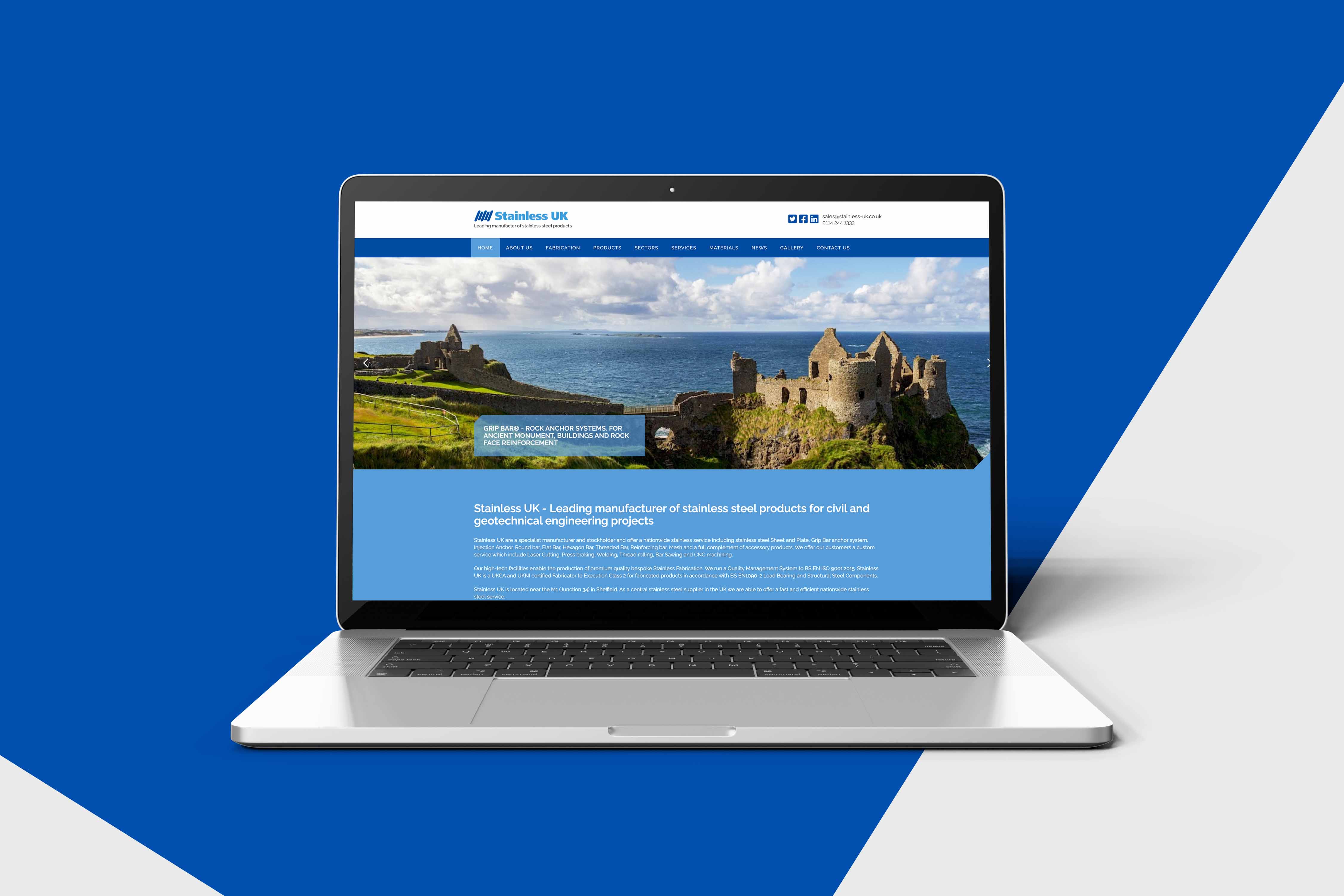
Five Reasons Why You Should Have a Website
The COVID-19 pandemic is affecting all businesses around the...
20/06/2021
Ben Nailor
Progressive Web Applications are web applications that load similar to regular websites or web pages but can offer the user functionality while they're offline, push notifications and give device hardware access traditionally available only to native applications. These Web Applications are:
A PWA (Progressive Web App) lets you install the application from the browser windows itself and if available on your phone like a native app and also works offline. It isn't as if there is some new technology or framework in place, but instead it is a set of best practices used to make a web application function similar to a desktop or mobile application. In terms of development, the future is to give the user an experience that will be so seamless that they can't tell the difference between a PWA or a native mobile app.
Progressive Web Applications will also be able to perform the same functions as it would across any devices. They do this by delivering user experiences through progressive enhancement.
The best way to showcase the need for a PWA is to explain the issues we're currently facing with native apps.
PWAs help solve these issues and there are multiple reasons for using a progressive web app, but stated below are the top ones.
These could begin to start changing the internet as we know it. Being able to view content and use applications offline in a way that transposes an online appearance is something delelopers havng being working towards. It's about defeating the object which is relying on the internet.
Let us know what you opinions are via our social media platforms and make sure to look out for this in the future!!